Biden forced to accept humiliating defeat in Afghanistan: Analyst
US President Joe Biden was forced to accept a humiliating defeat in Afghanistan and paving the way for the Taliban’s return to power in the country, according to Ashok Swain, a leading conflict analyst.
Biden vowed that the US is pulling out of Afghanistan by August 31, ending America’s longest war which started by the invasion of the country by US-led troops, ousting the Taliban regime in Afghanistan in October 2001, and eventually pulling its troops out after destroying what was left of it.
Swain, who is a Sweden-based Indian professor heading the Peace and Conflict Research department at Uppsala University, blamed former US president Donald Trump for Washington’s humiliating defeat in Afghanistan.
“Donald Trump, giving diplomatic legitimacy to the Taliban, and signing a deal with them to withdraw the troops, left no option for Joe Biden but to accept the humiliating defeat,” Swain said in an interview with Press TV on Saturday.
The conflict expert noted, however, that the Americans had already realized that they would never win the US war on Afghanistan. The US “was looking for a face-saver to withdraw, but it never came.”
“The realization of the failure, increasing human and economic costs, and growing tension with China left no option for the US but to withdraw its troops from Afghanistan,” Swain said, adding, “In the last 20 years, it has spent more than 2.3 trillion dollars, lost 2,400 of its troops and 3,800 private security contractors” in Afghanistan.
"[The Afghanistan] project has failed miserably” for the United States government, he pointed out..
‘Taliban will likely take control of Afghanistan’
“The Taliban is going to take control of Afghanistan sooner than later,” according to Swain.
The conflict expert linked the Taliban’s likely return to power in the militant group's leaders’ selection of fighters, alongside their diplomatic know-how in interacting with others.
“The Taliban has been more ethnically inclusive in recruiting fighters and has been diplomatically savvy in dealing with countries and powers interested in Afghanistan,” he said.
“[T]he Taliban forces are ideologically indoctrinated and battle-hardened. Even in some cases, they are better funded” than the army, he added.
On the other hand, “the Afghan army is that it is not a homegrown force but a militia created with foreign funding. Moreover, the Afghan army is highly segmented, and many troops are loyal to their ethnic group leaders than the Afghan government in Kabul,” Swain pointed out.
‘US allies cannot depend on US for security’
The senior conflict analyst noted that the declining clout of the United States has made the Americans incapable of providing security in Middle Eastern countries dependent on the US military.
“With the decline of American power, the US will be forced to limit its global military presence, and that will result in the withdrawal of its troops from many countries, particularly from the Middle East/West Asia,” the Indian expert said. “A country can never feel safe if it is dependent on foreign troops for its security and stability.”
‘US military presence in the region creates instability’
Swain said the regimes supported in the region by the United States were mostly undemocratic monarchies.
“The regimes in the Middle East, West Asia are mostly undemocratic and primarily run by monarchies,” he said.
The professor noted that the Americans had no interest in bring democracy or prosperity to the region, and their military presence has proven to make the lives of the war-stricken people worse and more difficult than it was without them. “It clearly shows that there has been no US interest in democratizing the region. In the name of security and stability, the US keeps on supporting highly undemocratic regimes. However, the US-backed authoritarian regimes have neither brought security nor stability as the region continues to suffer from violent wars and civil wars.”
Norwegian ambassador resigns over expanding Epstein-linked scandal
Russia will not launch attack on Europe unless struck first: Lavrov
Israeli forces kill three Palestinians, including teen, in raids across Gaza
Israel finalizes execution plans for Palestinian abductees after Knesset vote: Report
VIDEO | Press TV's news headlines
VIDEO | Pakistan mosque attack in Islamabad sparks protests in Kashmir, Kargil
Hamas condemns Israel's 'fascist settler-colonial' project aimed at annexing West Bank
Iran's Greco-Roman wrestling team wins championship title at Zagreb Open 2026


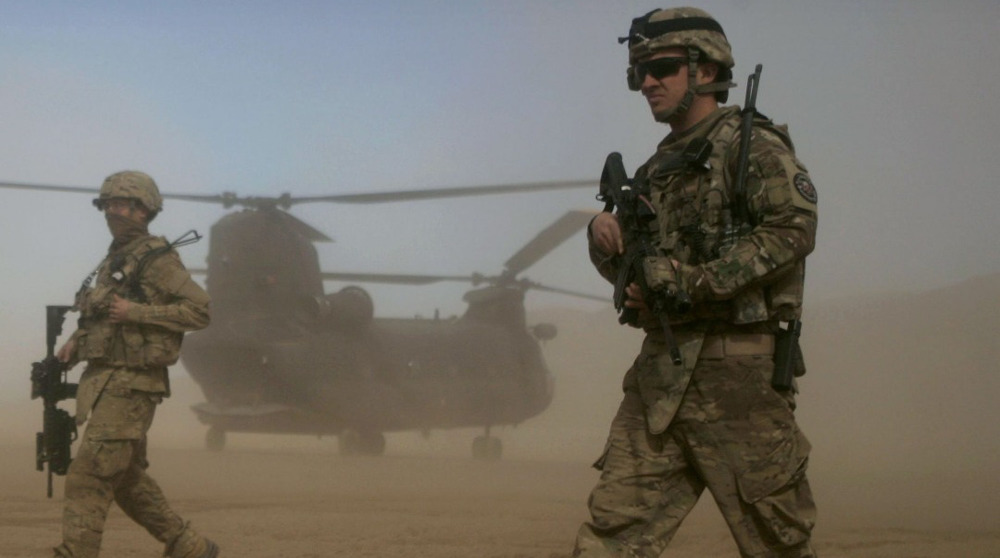
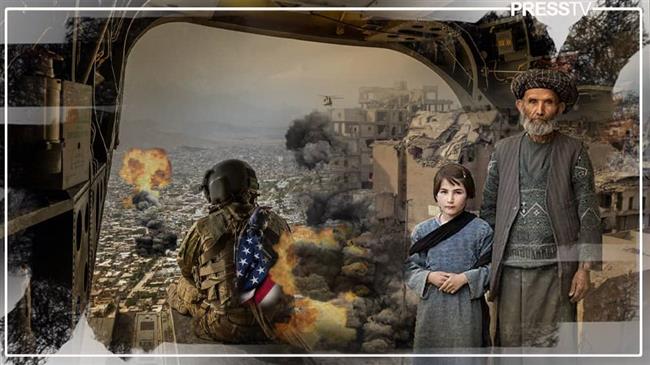
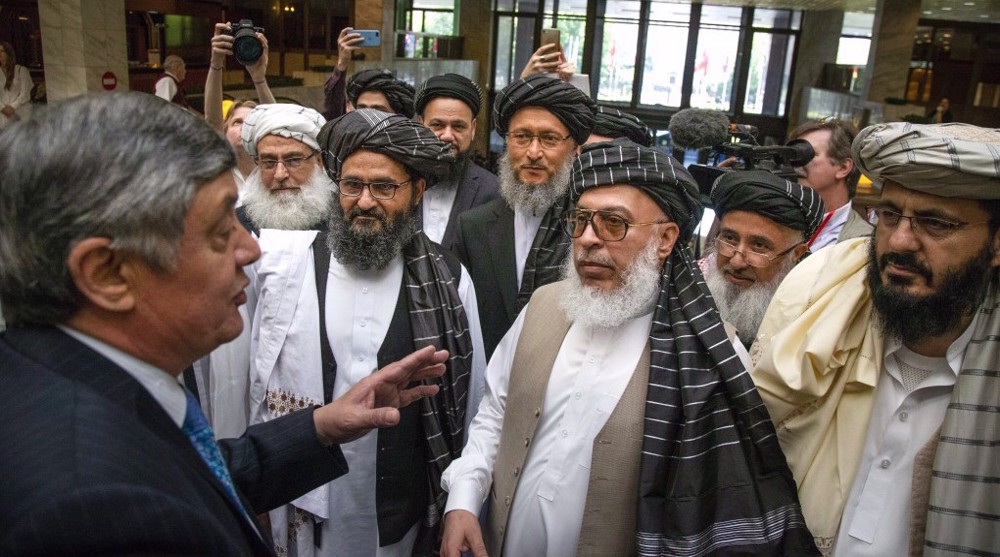







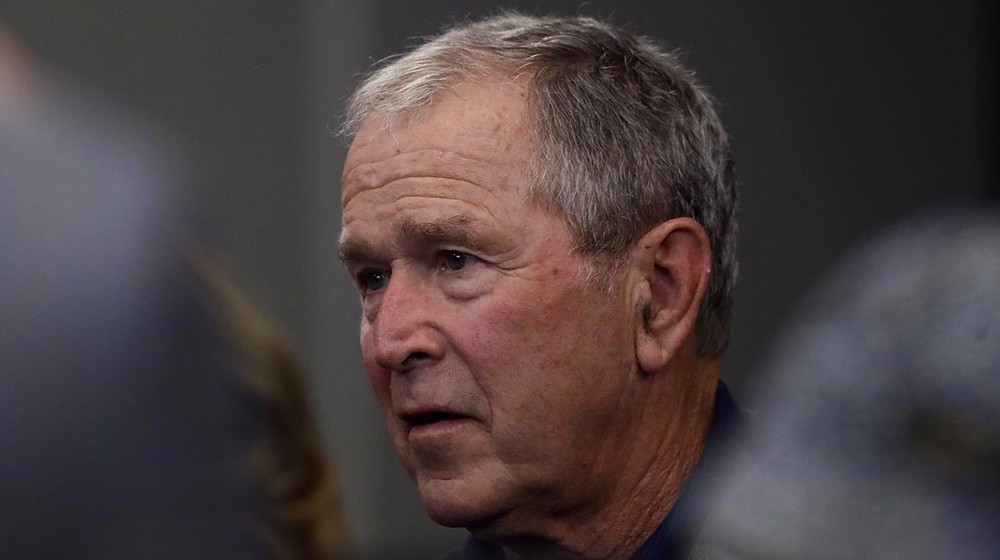
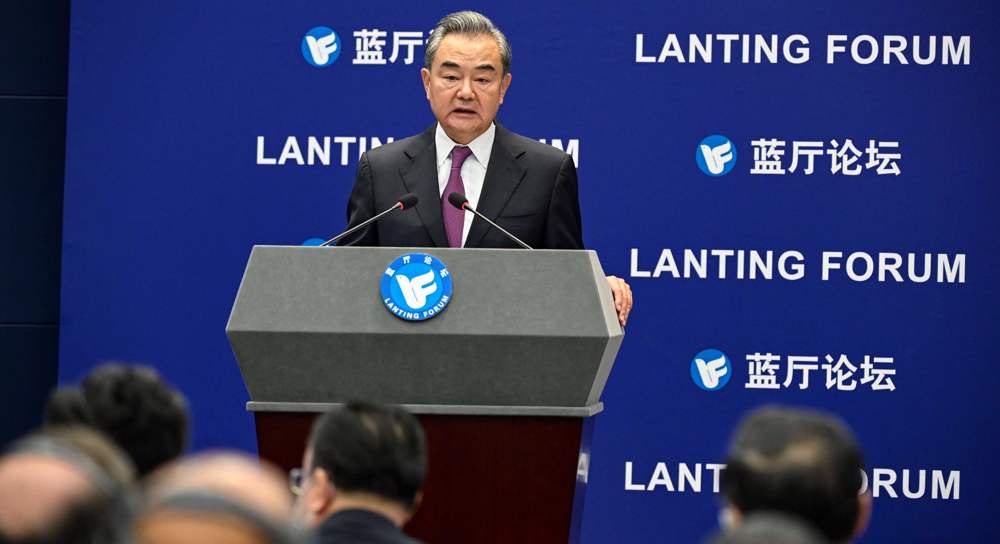
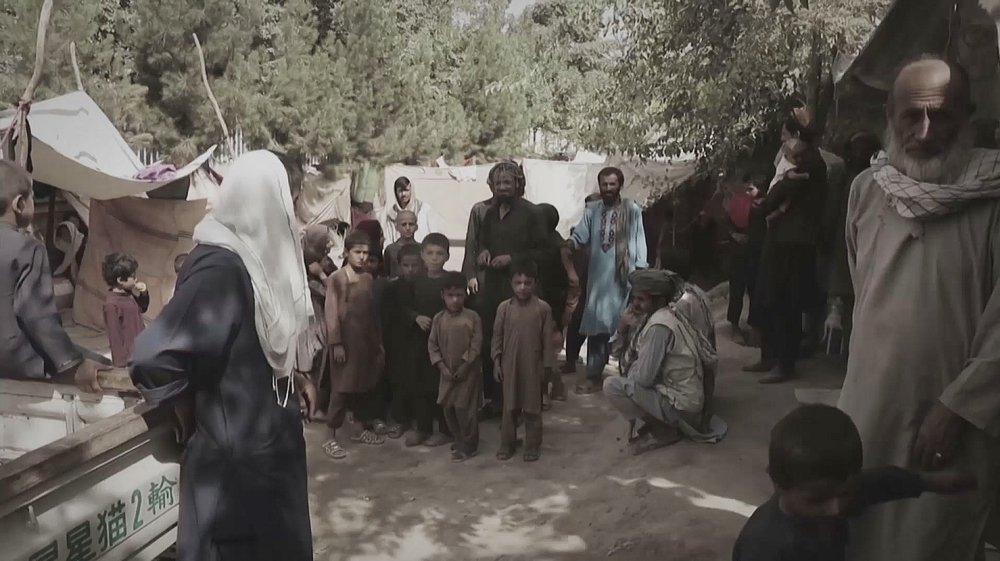
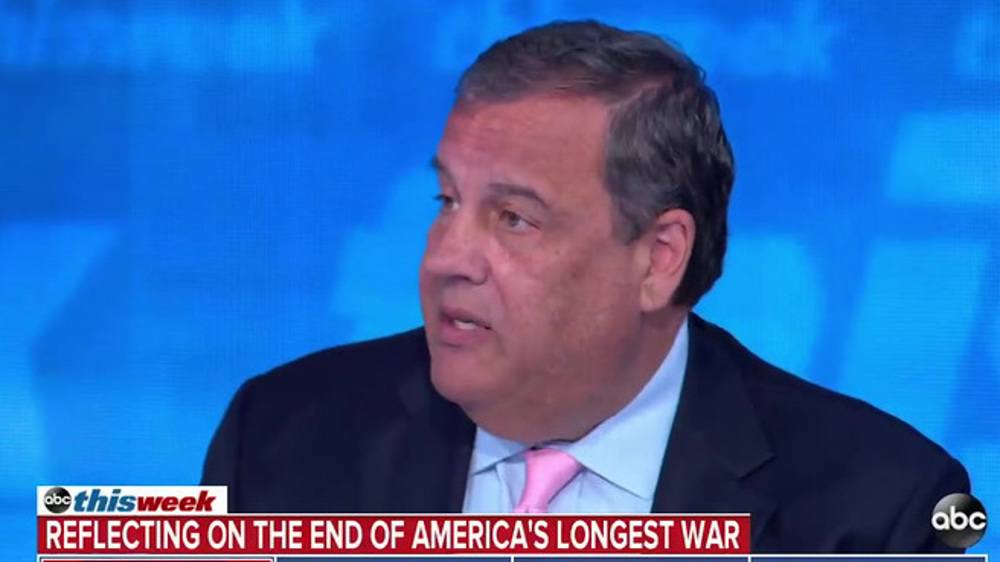

 This makes it easy to access the Press TV website
This makes it easy to access the Press TV website